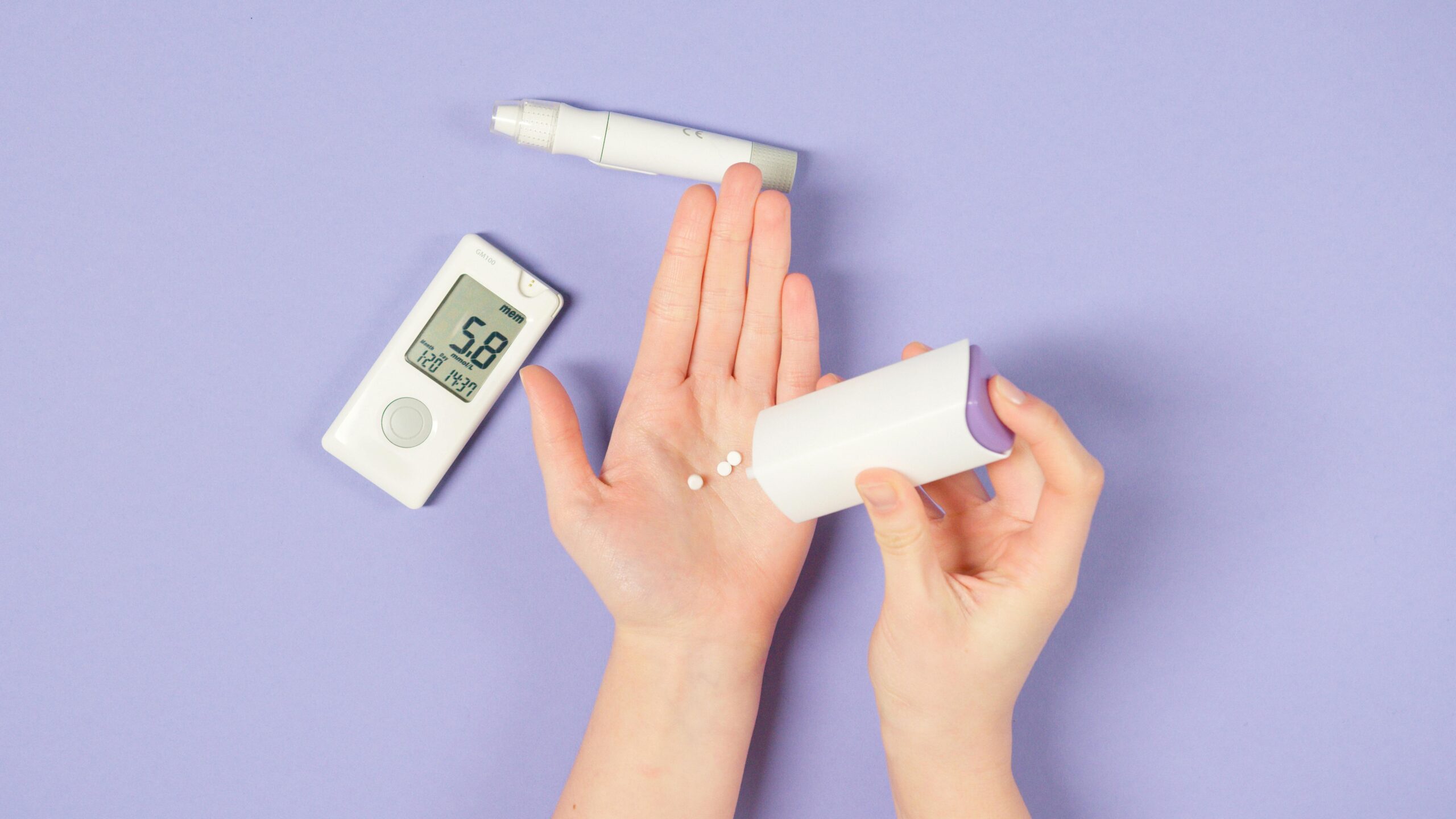What if you could help manage your blood sugar naturally—without relying solely on medications like Ozempic?
While Ozempic (semaglutide) has made headlines for its role in diabetes and weight loss management, it’s not the only option out there. And for those looking for more natural, holistic approaches, the good news is: science has your back.
Let’s explore 5 research-backed, natural strategies to keep your blood sugar in check—no prescriptions required.
💊 Wait… What’s Ozempic, and Why Are People Looking for Alternatives?
Ozempic is a prescription medication used primarily for type 2 diabetes management. It works by mimicking a hormone that stimulates insulin production and suppresses appetite. It’s effective—but it’s not for everyone.
Why Look for Alternatives?
- Side effects: Nausea, fatigue, and gastrointestinal issues are common.
- Availability & cost: Supply shortages and high price tags can be limiting.
- Lifestyle-first approach: Many prefer to manage their health more naturally and sustainably.
So if you’re interested in taking control of your blood sugar through diet, movement, and mindset, let’s dive in.
🌾 1. Eat More Fiber-Rich Whole Foods
Fiber is one of your best defenses against blood sugar spikes. It slows down digestion, which helps prevent glucose surges after meals.
🍎 Top Fiber-Rich Picks:
- Oats and barley (contain beta-glucan, which improves insulin sensitivity)
- Chia seeds and flaxseeds
- Lentils, beans, and chickpeas
- Apples, pears, and berries
- Leafy greens and cruciferous veggies
Science Says: A 2020 meta-analysis found that diets high in fiber significantly improved fasting blood sugar and HbA1c levels in people with type 2 diabetes.
🥗 Tip:
Start your day with overnight oats or add chia seeds to smoothies or yogurt bowls.
🏃 2. Move After Meals—Even a Walk Helps
You don’t need to run a marathon to stabilize blood sugar. Just light movement after meals can go a long way.
💡 Try This:
- Walk for 10–15 minutes after eating—it helps your muscles use up glucose.
- Do light housework, stretching, or a short bike ride.
Study Snapshot: According to research in Diabetologia, walking for just 2 minutes every 30 minutes can reduce post-meal blood sugar by nearly 30%.
✅ Pro Tip:
Set a reminder or use a fitness tracker to nudge you to move after eating.
🍋 3. Add Apple Cider Vinegar (ACV) to Your Routine
It may sound like a wellness trend, but apple cider vinegar has real, research-backed benefits for blood sugar regulation.
🔬 Here’s How It Helps:
ACV contains acetic acid, which may improve insulin sensitivity and slow starch digestion.
Study Highlight: A small study found that consuming 1–2 tablespoons of ACV diluted in water before a high-carb meal reduced post-meal blood sugar by 20% or more.
⚠️ Caution:
Always dilute ACV in water and avoid drinking it straight—it’s acidic and can harm your teeth or stomach lining.
🧘 4. Manage Stress & Get Quality Sleep
Stress and poor sleep wreak havoc on your blood sugar. Cortisol (the stress hormone) increases glucose production in your liver, even when you’re not eating.
🛌 Action Steps:
- Prioritize 7–8 hours of sleep per night
- Try meditation or deep breathing exercises
- Consider gentle yoga or journaling to unwind
Fun Fact: One study showed that sleep-deprived individuals experienced higher insulin resistance, even after just one night of poor sleep.
🫐 5. Embrace Blood Sugar-Friendly Superfoods
Nature offers plenty of natural helpers. These foods have been shown to help regulate blood sugar levels:
🥄 Top 5 Superfoods:
- Cinnamon – Helps reduce fasting blood sugar levels.
- Fenugreek seeds – Shown to improve glucose tolerance.
- Bitter melon – Mimics insulin and aids in glucose uptake.
- Blueberries – Packed with antioxidants and improve insulin sensitivity.
- Turmeric (curcumin) – Has anti-inflammatory and blood-sugar-lowering effects.
Try This Recipe: Blend a smoothie with frozen blueberries, a sprinkle of cinnamon, and unsweetened almond milk for a post-workout treat.
🚫 What to Watch Out For
While going natural can be powerful, not all methods are safe or effective. Always speak with a healthcare provider before making big changes—especially if you’re on medication or managing a chronic condition.
🔚 Final Thoughts: Small Shifts, Big Impact
Managing your blood sugar doesn’t always require pharmaceuticals. With a few intentional habits—like eating whole foods, walking after meals, and getting good sleep—you can take real control of your health.
Natural doesn’t mean unscientific. The steps above are backed by real research and can be just as powerful as prescription meds—when done consistently.



